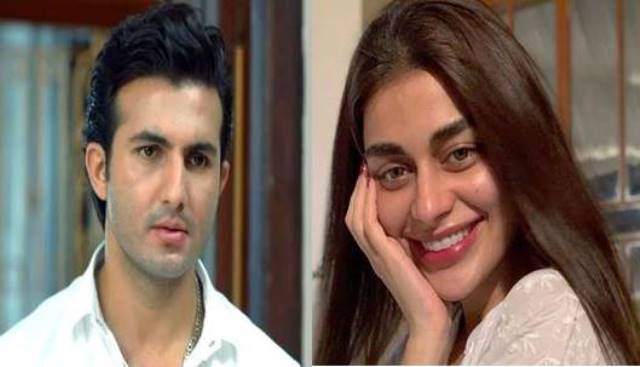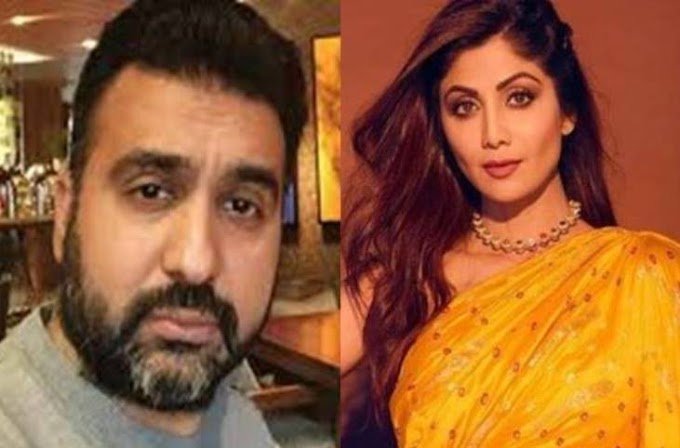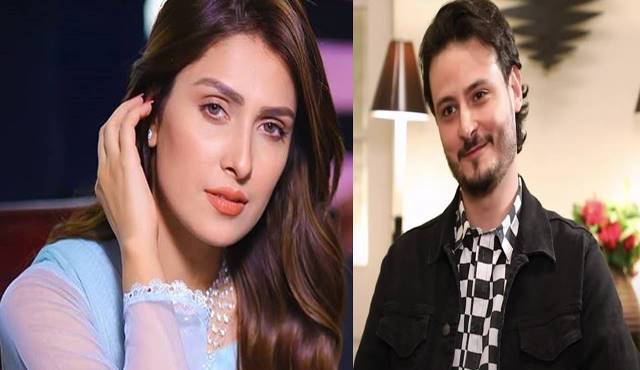
 |
| Address of Shah Nawaz Bhutto during Round Table Conference |
Sir Shah Nawaz Bhutto (Khan Bahadur) son of Ghulam Murtaza Bhutto born on 8 Mar 1888 in village Garhi Khuda Bakhsh, District Larkana. The Bhutto family had 250,000 acres of agricultural land in District Larkana, Jacobabad and Sukkur. He got his early education from Sindh Madressa Karachi and later studied in St. Patrick's High School Karachi. His father Ghulam Murtaza was imprisoned in jail in murder case and after releasing he exiled himself for Punjab (one of the area in Afghanistan in that time). Therefore, Shah Nawaz Bhutto and his brother Ali Gohar Bhutto were looked after by their uncle Rasool Bakhsh Khan Bhutto. However, his father expired when he was eleven years age. Therefore, he given up further study and returned back to Larkana to look after his paternal land and other matters of his family. Subsequently, he looked after his native issues and made good relations politically as well as personally with Nawabs and officers of that time.
Shah
Nawaz Bhutto became member of local board District Larkana in the age of 22
years and replaced a Britain Local Board member. He remained on this seat till
thirteen years. During this period, he struggled very much for better
qualification of District Larkana and for the first time he announced to bear
expenditure for getting qualification by District Local Board.
At the age of 33 year, Shah Nawaz Bhutto entered in Legislative Council of Bombay Province, of which Sindh was a part in 1921 and continued till 1936. During this period, he received honours of CIE followed by knighthood. He became minister in Bombay government in 1934.
Shah Nawaz Bhutto attended Round Table Conference in 1931 as leader of Sindhi Muslims during which he demanded separation of Sindh from Bombay province. It was granted under Government of India Act 1935 with Sindh becoming separate province on 1 Apr 1936. Subsequently, Shah Nawaz Bhutto was appointed as chief advisor to Governor of Sindh. During the preparation for provincial elections in 1937, Haji Abdullah Haroon Sindhi formed United Party and Shah Nawaz Bhutto joined the party Vice Chairman. The party was modeled after Punjab Unionist Party and claimed to be representation of all Sindh his irrespective of religion. However, Shah Nawaz Bhutto brought Important pirs (sufi saints) of the area to manipulate the voters faithfully to cast their votes in his favour. Resultantly, Sindh United Party emerged as the largest party during the elections, and won 21 out of 60 seats. However, both Abdullah Haroon and Shah Nawaz Bhutto lost their seats. Shah Nawaz Bhutto’s seat at Larkana had won by Sheikh Abdul Majid Sindhi. Governor Sindh invited Ghulam Hussain Hidayatullah, Chairman Sindh Muslim Party to form government. Subsequently, defections took place at large scale in the Assembly which resulted into resignation of Shah Nawaz Bhutto from party and Abdullah Haroon merged his party into All-India Muslim League. However, Shah Nawaz Bhutto went Bombay to become Chairman of Bombay-Sindh Public Service Commission.
He became
a member of the Public Service Commission on 4 April 1937 and remained there till
1945. From 1945, he became the Dewan (Member) of Jhoonagarh State, and remained
there till 1948. When Jhoonagarh State was occupied by the Indians and Nawab of
Jhoonagarh came to Pakistan, he also came with him and he remained here for
some time as member, he resigned from the post due to ill health. But to due to
his cleverness and political abilities Nawab of Jhoonagarh appointed Shahnawaz
Bhutto governor of six states, ( equal to the post of prime minister), which he
held until 1948.
Shah
Nawaz Bhutto and Governor General (later President) Iskander Mirza had a good
friendship with each other. Iskander
Mirza was his regular guest during annual hunting in Larkana and used to stay
at Bhutto family home.
British government
awarded Shah nawaz Bhutto title of Khan Sahib subsequently raised it to “Khan
Bahadur”. Pakistan Postal Services has issued commemorative postage stamp in its
'Pioneers of Freedom' series in the honour of Shah Nawaz Bhutto.
Shah
Nawaz Bhutto had two marriages. He had two sons Imdad Ali Khan and Sikandar Ali
Khan from first marriage. Imdad Ali Khan expired in 1950 and Sikandar Ali
expired on 28 Oct 1962. He secondly married to Khursheed Begum, (formerly Lakhi
Bai), who was belonging to modest Hindu family however, she converted her
religion to Islam before marriage. As well as, her family remained Hindu and migrated
to India. Their children include Zulfiqar Ali Bhutto (former PM and father of
Benazir Bhutto) and a daughter namely Mumtaz who reportedly married to Brigadier
Muhammad Mustafa Khan Bahadur of the Sidi clan.
He
expired on 19 Nov 1957 at Larkana due to illness since long and was buried at
his native home Garhi Khuda Bakhsh.















1 Comments
Very nice
ReplyDeletePlease do not enter any spam link in the comments box